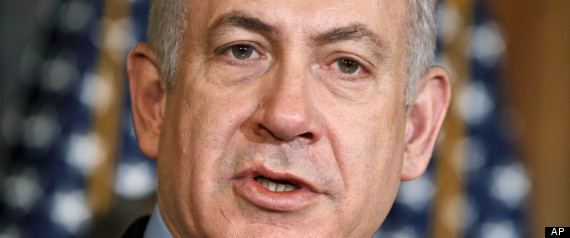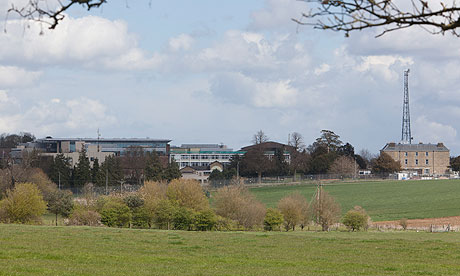The Canadian professors’ association has warned two Waterloo universities to loosen ties with BlackBerry co-founder Jim Balsillie’s think tank or it will launch a boycott against them in November.
The Canadian Association of University Teachers (CAUT) had originally threatened an official “censure” of three universities –—York, the University of Waterloo and Wilfrid Laurier University — for partnerships it felt gave the Centre for International Governance Innovation (CIGI) too much say over academic matters.
While York’s proposed deal fell through over that very issue, CAUT remained concerned about Balsillie’s influence in the joint Balsillie School of International Affairs his think tank runs with both universities.
The association has given Laurier and Waterloo six months to remove what it sees as threats to academic freedom or it will impose “censure” in November, which would discourage academics from working or meeting on either campus.
On Friday, CAUT passed a motion that states: “Unless Wilfrid Laurier University and the University of Waterloo amend the governance structure for the Balsillie School of International Affairs so that academic integrity is ensured, censure will be imposed on the administrations of those two universities at the next meeting of council,” although it offered little detail as to how that should happen.
The Canadian Association of University Teachers (CAUT) had originally threatened an official “censure” of three universities –—York, the University of Waterloo and Wilfrid Laurier University — for partnerships it felt gave the Centre for International Governance Innovation (CIGI) too much say over academic matters.
While York’s proposed deal fell through over that very issue, CAUT remained concerned about Balsillie’s influence in the joint Balsillie School of International Affairs his think tank runs with both universities.
The association has given Laurier and Waterloo six months to remove what it sees as threats to academic freedom or it will impose “censure” in November, which would discourage academics from working or meeting on either campus.
On Friday, CAUT passed a motion that states: “Unless Wilfrid Laurier University and the University of Waterloo amend the governance structure for the Balsillie School of International Affairs so that academic integrity is ensured, censure will be imposed on the administrations of those two universities at the next meeting of council,” although it offered little detail as to how that should happen.

















